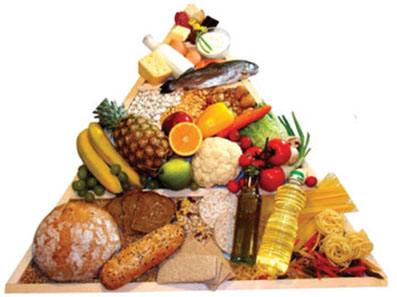This is Scientific American — 60-Second Science. I'm Christopher Intagliata.
The Mediterranean diet is well known for its heart-healthy effects. It even sounds healthful: lots of fruits and veggies, whole grain and legumes. Plus olive oil, a bit of red wine. And fish and poultry instead of red meat.
Now a study from Italy confirms that, if you follow the diet, you really can cut your risk of cardiovascular disease. But here's the catch: the benefits seem to only occur if you're financially comfortable or well educated.
The finding is in the International Journal of Epidemiology.
Researchers tracked 19,000 men and women living in southern Italy during a four-year interval. After controlling for habits like smoking and exercise, the team found that volunteers who stuck more closely to the diet enjoyed greater protection against heart problems—but only if they were college-educated, or earned more than 40,000 euros a year, or about $47,000.

The scientists think that higher-income, educated individuals tend to prepare vegetables in healthier ways—perhaps preserving more vitamins and antioxidants. They also favored fish and whole grain bread, and ate more organic vegetables. And perhaps they're simply able to afford higher quality foods. Better olive oil, for example.
"You can buy the two-to three-euro bottle or you can have a 10-euro bottle." Study author Marialaura Bonaccio, an epidemiologist. "Probably these two products Probably these two bottles are different in their nutritional contents—in the context for example of polyphenols or other nutritional compounds."
Seems that the Mediterranean diet includes few foods that we consider rich. But to get the full benefits, it sure helps if you are.
Thanks for listening for Scientific American — 60-Second Science Science. I'm Christopher Intagliata.












